Puppy fear stages are a real thing.
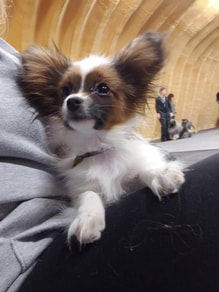
I recently went through this myself.
One of our girls, 18 months old now, had been shown as baby puppy and as a pup.
At one of the shows when she was 12 months old, it seemed like she shut down.
She was extremely scared.
I can blame the venue, it was small and loud but it was very likely a few consecutive things happening in a row that reinforced her fearful behavior at a dog show.
At the next show, we knew and were prepared and the healing began.
Not so dog savvy people look at this as a scared undersocialized dog, but often this is simply not the case.
Being comfortable one moment then totally shutting down in the same situation happens and the studies show it. Acknowledging this behavior and training the dog to more self confidence will ensure success.
One of our girls, 18 months old now, had been shown as baby puppy and as a pup.
At one of the shows when she was 12 months old, it seemed like she shut down.
She was extremely scared.
I can blame the venue, it was small and loud but it was very likely a few consecutive things happening in a row that reinforced her fearful behavior at a dog show.
At the next show, we knew and were prepared and the healing began.
Not so dog savvy people look at this as a scared undersocialized dog, but often this is simply not the case.
Being comfortable one moment then totally shutting down in the same situation happens and the studies show it. Acknowledging this behavior and training the dog to more self confidence will ensure success.
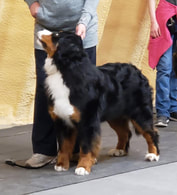
Critical puppy development starts at the breeders home in the first fear impact weeks at age 8-11 weeks old.
In this period it is imperative that puppies are not being scared in any way. This can impact them for life.
I like to keep my pups a little longer than normal, imprint during this age is said to be permanent and I like to socialize them to scary situations (first time walking in a strange area, first time in a car etc etc) with a very calm, very secure, older dog to teach them there is nothing to be scared about.
The second fear period I will quote from the study. (link at the bottom of this page)
"Second Fear impact period (6 - 14 Months):
Also called, "The fear of situations period", usually corresponds to growths spurts. This critical age may depend on the size of the dog. Small dogs tend to experience these periods earlier than large dogs. Great care must be taken not to reinforce negative behavior. Force can frighten the dog, and soothing tones serve to encourage his fear. His fear should be handled with patience and kindness, and training during this period puts the dog in a position of success, while allowing him to work things out while building self-confidence."
This is exactly what happened to our girl.
Luckily I am surrounded by some awesome people, I continue to learn from, who helped me and my girl through this period.
She is a happy girl, who is attached to me like no other. I am looking forward to a great season with her where we will overcome her fears and make it a thing of the past.
She is well on her way.
http://ice.ucdavis.edu/~robyn/Korina/BCIdeas/Criticalperiodsinpuppydevelopment.html
In this period it is imperative that puppies are not being scared in any way. This can impact them for life.
I like to keep my pups a little longer than normal, imprint during this age is said to be permanent and I like to socialize them to scary situations (first time walking in a strange area, first time in a car etc etc) with a very calm, very secure, older dog to teach them there is nothing to be scared about.
The second fear period I will quote from the study. (link at the bottom of this page)
"Second Fear impact period (6 - 14 Months):
Also called, "The fear of situations period", usually corresponds to growths spurts. This critical age may depend on the size of the dog. Small dogs tend to experience these periods earlier than large dogs. Great care must be taken not to reinforce negative behavior. Force can frighten the dog, and soothing tones serve to encourage his fear. His fear should be handled with patience and kindness, and training during this period puts the dog in a position of success, while allowing him to work things out while building self-confidence."
This is exactly what happened to our girl.
Luckily I am surrounded by some awesome people, I continue to learn from, who helped me and my girl through this period.
She is a happy girl, who is attached to me like no other. I am looking forward to a great season with her where we will overcome her fears and make it a thing of the past.
She is well on her way.
http://ice.ucdavis.edu/~robyn/Korina/BCIdeas/Criticalperiodsinpuppydevelopment.html
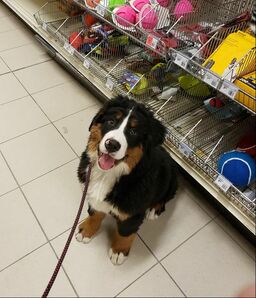
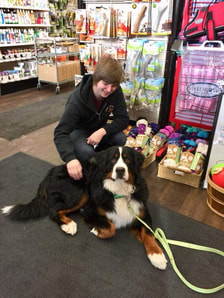



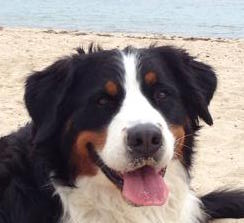
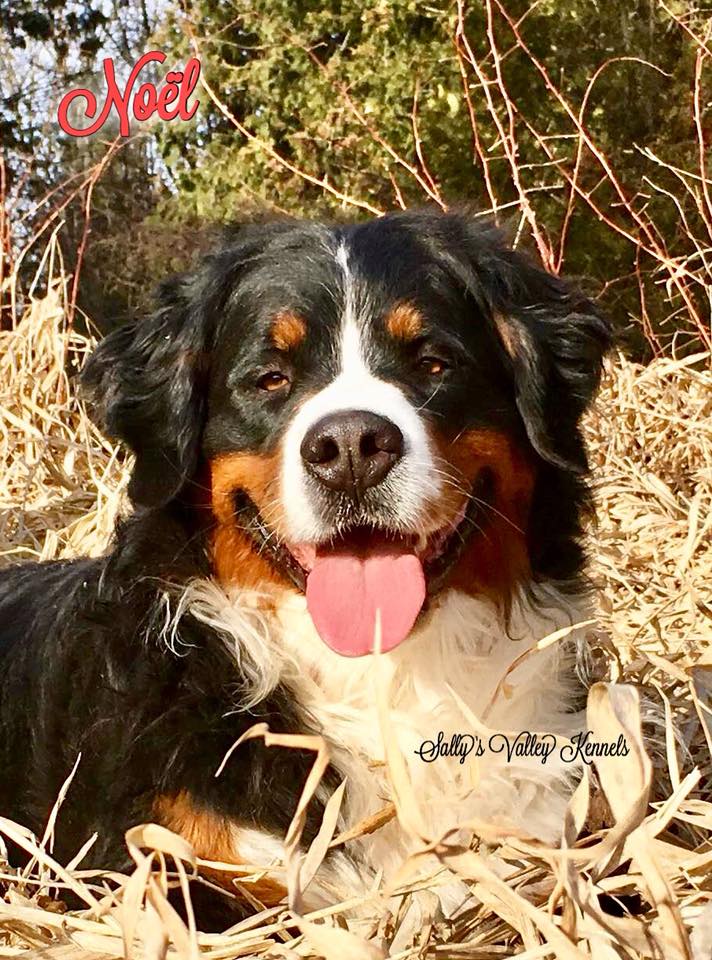
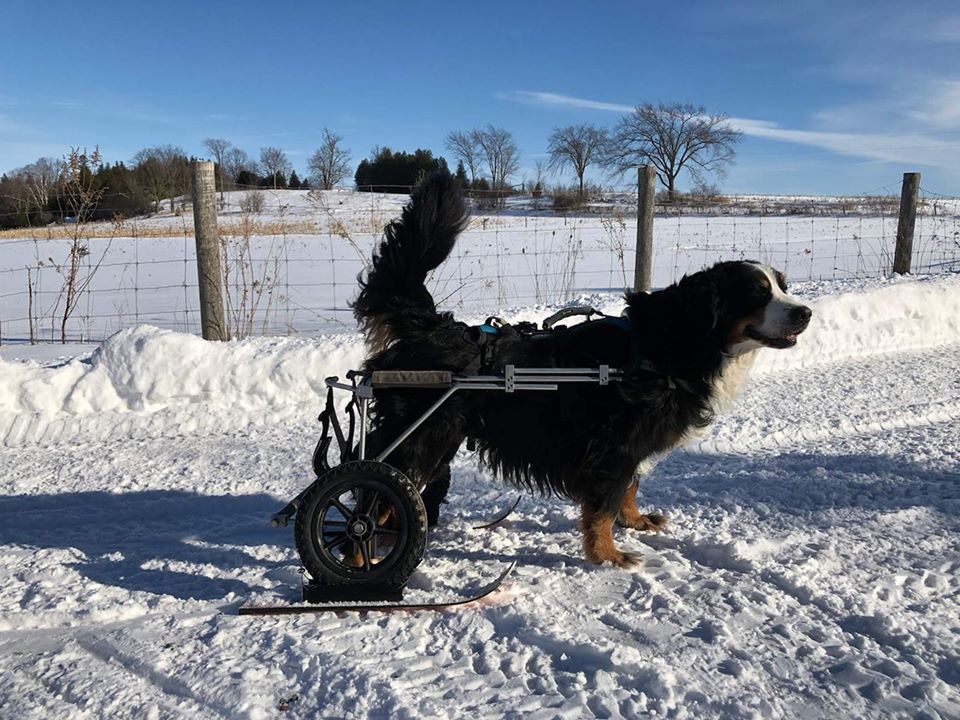

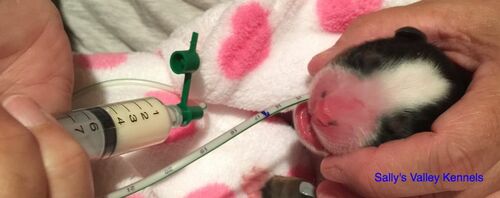
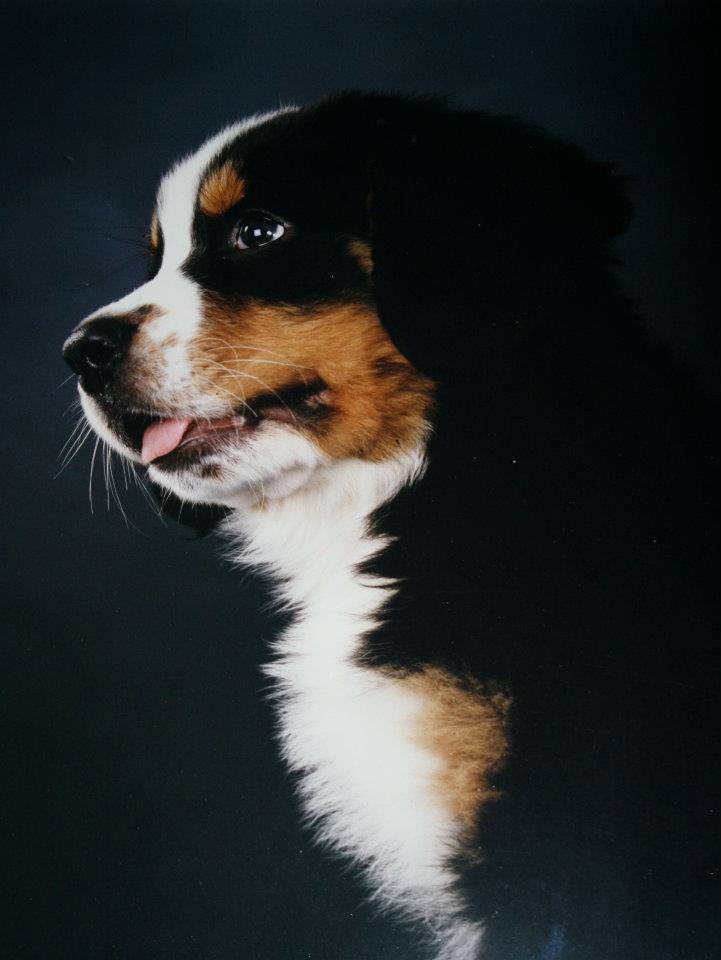

 RSS Feed
RSS Feed